- TECHSWU
- Posts
- TECHSWU
TECHSWU

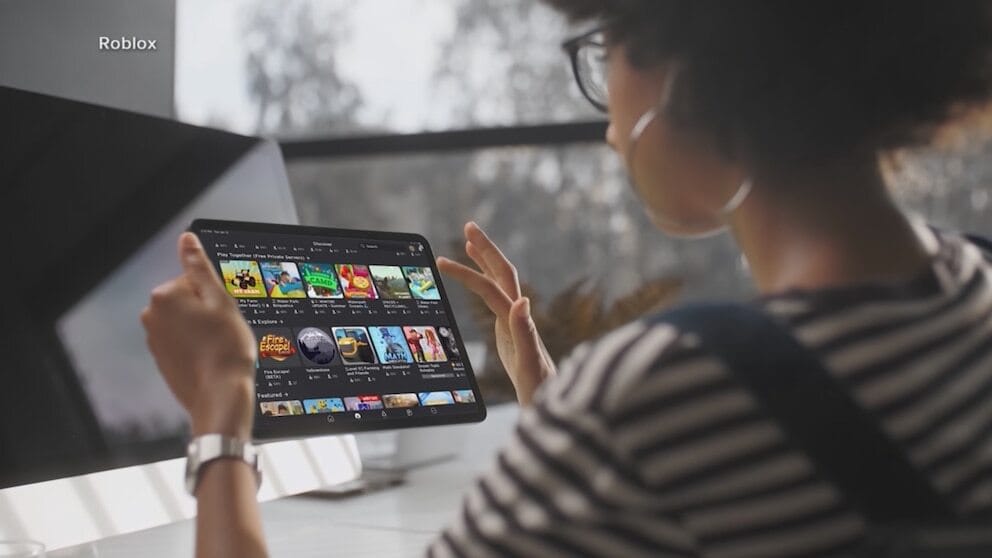
Roblox has just made waves by launching innovative technology aimed at verifying the ages of its millions of teenage users, a move that promises a safer online environment for kids. This initiative, highlighted in an exclusive segment on "Good Morning America," is a crucial step for parents looking to protect their children in the digital age.
With online safety becoming a growing concern, Roblox’s new age verification measures aim to enhance user security and ensure that the platform remains a fun and safe space for its young audience. As parents navigate the complexities of online gaming, this technology gives them peace of mind, allowing kids to explore and share experiences without compromising safety.
Roblox continues to evolve as a leader in gaming, prioritizing the wellbeing of its community while fostering creativity and engagement in a virtual world.

In a swift resolution, Meta CEO Mark Zuckerberg and key executives have settled an $8 billion privacy lawsuit with investors just as the trial was getting underway. The lawsuit, brought forth in Delaware, accused Meta’s leadership of negligence in preventing privacy infringements that resulted in hefty fines and legal costs—stemming from the infamous 2018 Cambridge Analytica scandal.
Shareholders alleged that top brass, including Zuckerberg and former COO Sheryl Sandberg, knowingly mismanaged user data practices, violating a previous agreement with regulators. Despite labeling the lawsuit's claims as "extreme," Meta has committed significant resources to enhance user privacy since 2019.
With this settlement, Zuckerberg and his team aim to put these legal woes behind them and focus on rebuilding investor trust.
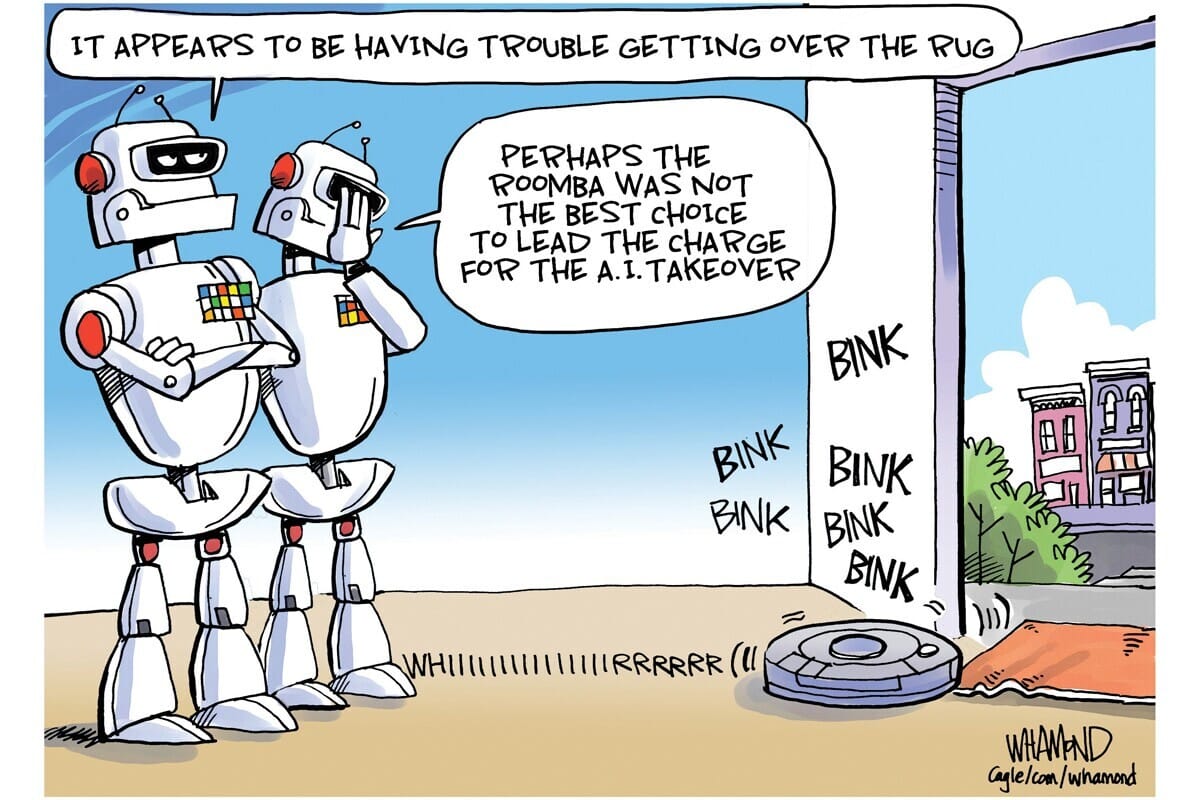
In a delightful exploration of modern household technology, David McGrath shares his charming experiences with Eufy, an AI-driven robotic vacuum that has quickly become his new "best friend." Initially skeptical about robotic vacuums, McGrath's viewpoint shifted dramatically when he needed help managing chores after his wife's injury.
With Eufy, cleaning became a comforting routine rather than a tedious task. The vacuum's quirky behaviors, like its lively shimmy across the floor and gentle nudges against McGrath’s ankles, evoke memories of his beloved dogs, Biff and Frank.
As Eufy quietly mops and vacuums, McGrath finds solace in her presence, noting that she even helps reduce his stress levels. With its blend of practicality and personality, Eufy proves that AI can indeed become a loyal companion, making household chores not just easier, but also a little more joyful.
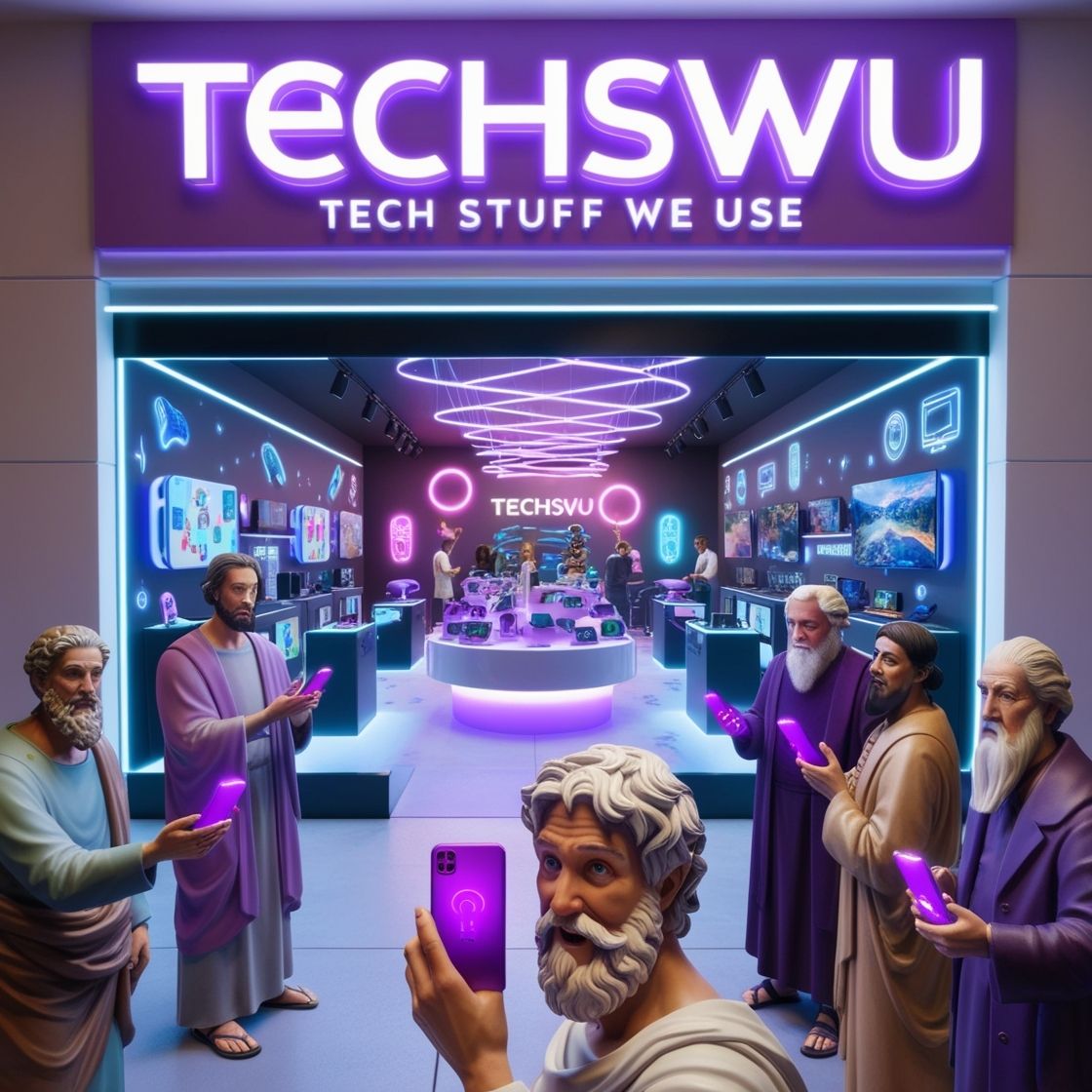
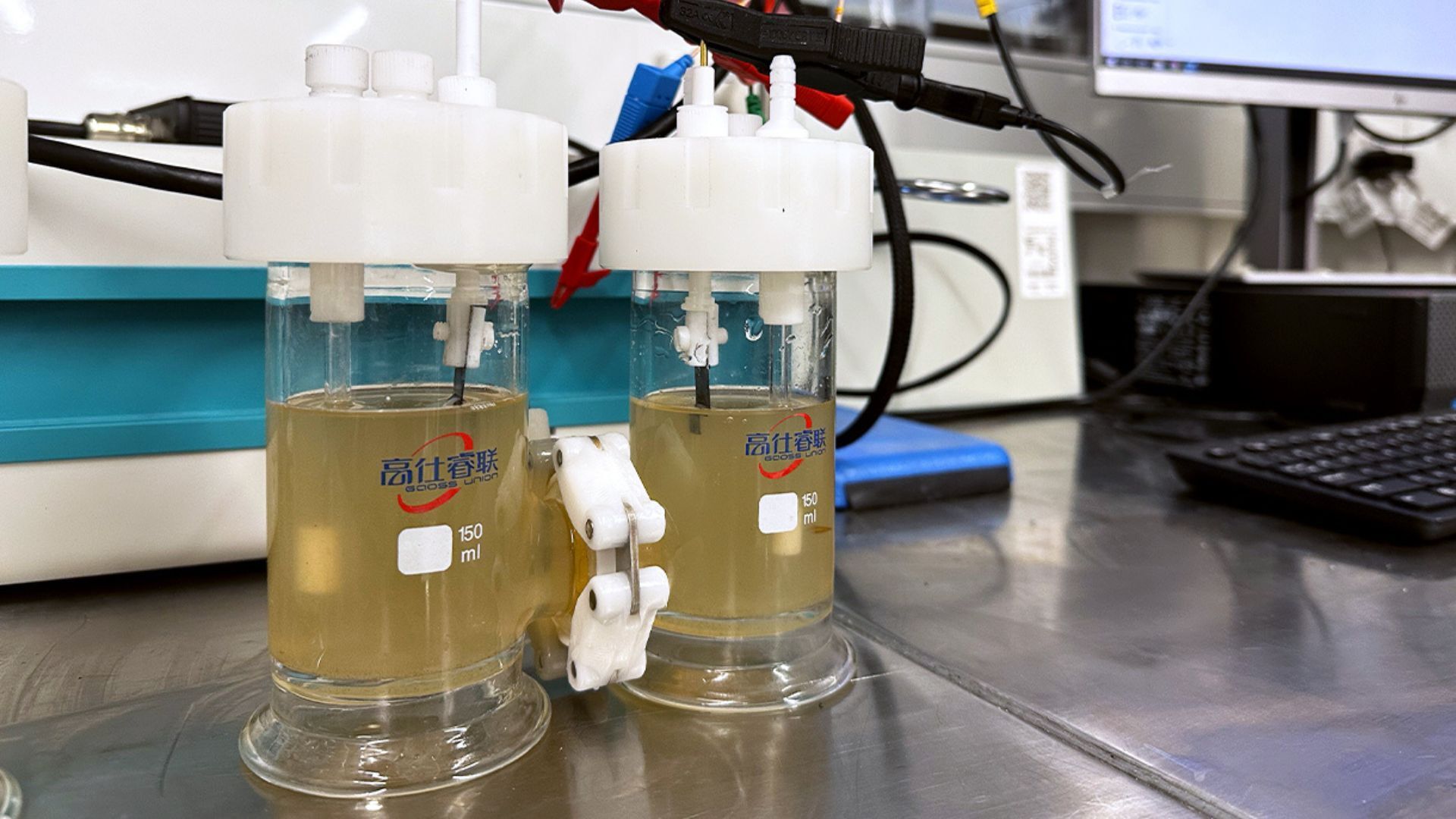
A groundbreaking innovation from RMIT University is set to redefine green hydrogen production by harnessing wastewater—a major environmental problem—as a resource. Researchers have developed a cutting-edge device that utilizes the metal contaminants naturally present in wastewater, such as platinum and nickel, as catalysts, eliminating the need for purified water.
This method not only produces clean hydrogen fuel with zero emissions but also improves wastewater treatment efficiency. By applying renewable energy to electrodes made from agricultural waste, the system can effectively split water molecules to generate hydrogen and oxygen.
This dual approach addresses both pollution and water scarcity, paving the way for a sustainable future. The team is now looking for industry partners to scale this promising technology, with hopes of transforming wastewater from a liability into a valuable asset for energy production.

The tech industry is facing a tough year, with over 74,000 employees impacted by layoffs from 157 companies. Major players like Intel, Microsoft, and Meta have contributed significantly to this trend, sending shockwaves through the tech workforce.
As businesses adapt to changing market conditions, these job cuts highlight the fragile state of the sector. While some companies like Wipro are reporting profits, the overall uncertainty raises questions about the future of technology employment.
Despite the current turbulence, innovation continues to thrive, with exciting announcements like Google's upcoming Pixel 10 series fueling hope for future growth.
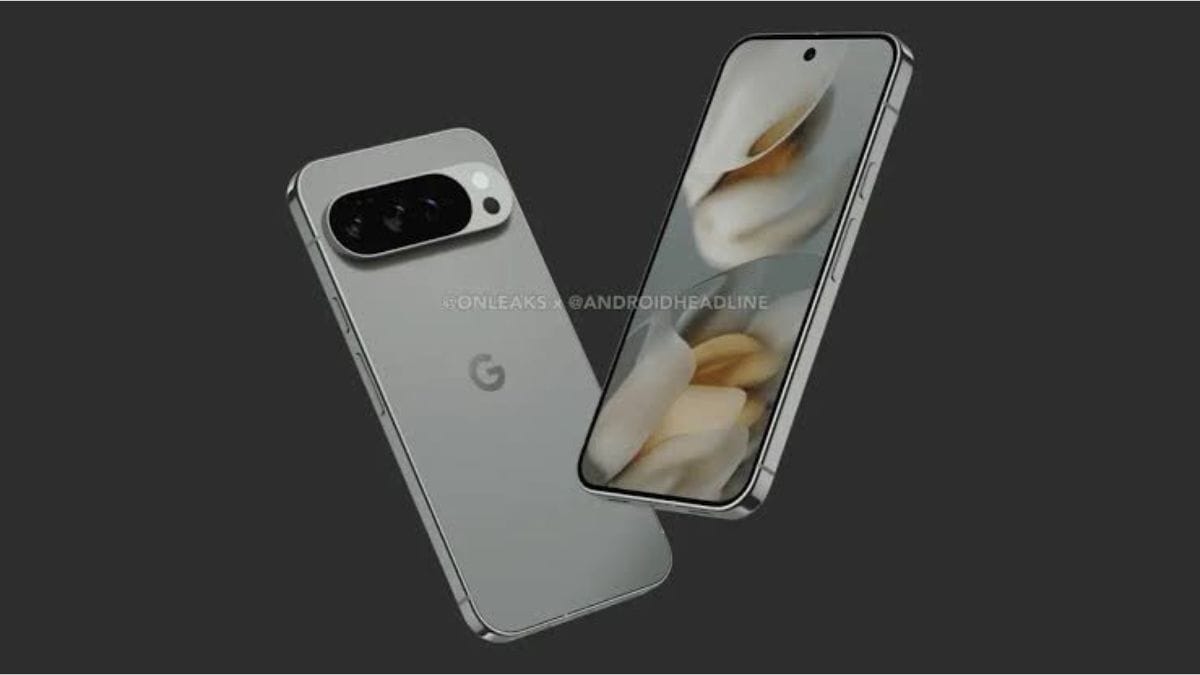
Get ready, tech enthusiasts! Google is set to unveil its highly anticipated Pixel 10 series on August 20. This launch promises to deliver a fresh lineup of flagship smartphones, including a foldable model, supported by a powerful new Tensor G5 chipset.
Expect significant camera upgrades with a dedicated telephoto lens on the standard Pixel 10, along with exciting AI advancements enhancing user experience. But that’s not all! Google will also introduce the Pixel Watch 4, boasting improved health tracking and battery life, alongside the latest Pixel Buds Pro with enhanced audio features.
This event marks a leap forward for Google's hardware, promising to excite fans and elevate the smartphone experience.

Artificial intelligence is stepping up its game by moving beyond simple chat interfaces and into our web browsers! A groundbreaking tool named Comet is leading the charge, functioning like a digital assistant that goes beyond just answering questions. It helps users shop, plan vacations, and book appointments—all while easily navigating websites and comparing products.
Though Comet can’t yet log into accounts or make purchases for you, it marks a significant shift in how we interact with technology. Major players like Google and Walmart are also integrating AI to enhance user experience, with many younger users showing increasing trust in these innovations.
This evolution could potentially disrupt traditional search engines and revolutionize online browsing.
